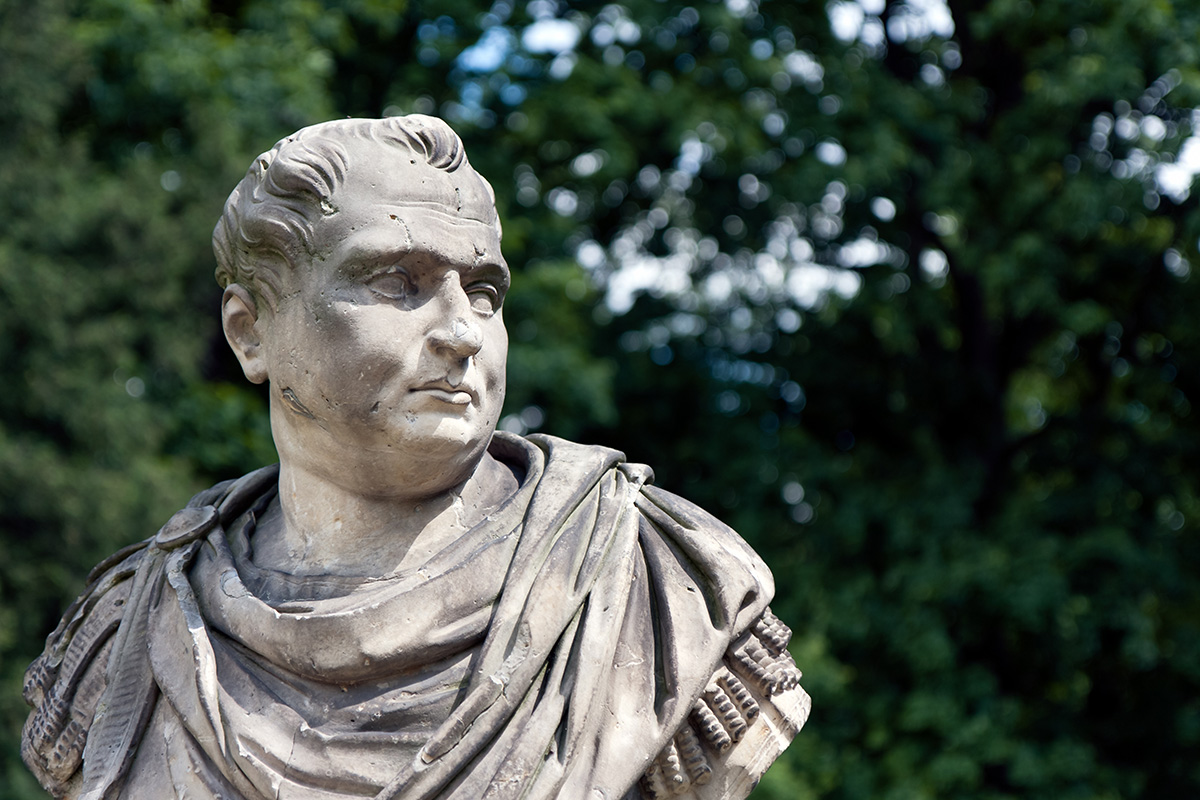In the annals of Roman history, the name Emperor Vitellius stands as a testament to the tumultuous nature of power transitions within the ancient empire. Ascending to the throne during a period of political upheaval, Vitellius' brief reign left an indelible mark on the Roman Empire, marked by intrigue, betrayal, and ultimately, downfall.
Roman Emperor Vitellius rose to power in the year 69 AD, amidst the chaos that followed the suicide of Emperor Nero and the Year of the Four Emperors. Prior to Vitellius, the imperial throne had been occupied by Galba, Otho, and Vitellius' predecessor, Emperor Vespasian.
Before Vitellius, the empire had been under the rule of Emperor Vespasian, a seasoned military commander who had successfully quelled the chaos of the Year of the Four Emperors and restored stability to Rome. Vespasian's ascension marked a turning point in Roman history, ushering in the Flavian dynasty and a period of relative peace and prosperity known as the Flavian era.
However, Vespasian's sudden death in 79 AD plunged the empire once again into uncertainty, as his sons, Titus and Domitian, vied for control. It was in this power vacuum that Vitellius emerged as a contender for the throne, backed by the support of the Roman legions stationed in Germania.
Emperor Vitellius, though initially celebrated as a champion of the people, quickly proved to be a divisive and ineffectual leader. His reign was marred by corruption, extravagance, and a lack of political acumen, earning him the disdain of both the aristocracy and the common folk.
One of the most infamous episodes of Vitellius' rule was the Great Fire of Rome in 69 AD, which ravaged much of the city and left thousands homeless. Despite widespread accusations of negligence and mismanagement, Vitellius failed to adequately respond to the crisis, further eroding his already fragile reputation.
Vitellius' reign was also characterized by political intrigue and betrayal. He faced numerous challenges to his authority, including rival claimants to the throne and internal dissent within his own ranks. The most significant threat to his rule came from the armies of the East, led by Vespasian's son, Titus, who declared himself emperor in opposition to Vitellius.
In a series of bloody battles known as the Year of the Four Emperors, Vitellius' forces clashed with those of Vespasian and his allies. Despite initial victories, Vitellius' army was ultimately defeated, and he was captured and executed by Vespasian's supporters in December 69 AD.
The reign of Emperor Vitellius may have been short-lived, but its impact on the course of Roman history was profound. His ineptitude and inability to govern effectively underscored the importance of strong leadership and political stability in maintaining the integrity of the empire.
Vitellius' legacy serves as a cautionary tale of the dangers of unchecked ambition and the perils of political opportunism in the volatile world of ancient Rome. Though his name may have faded into obscurity, the memory of Emperor Vitellius remains etched in the annals of Roman history as a cautionary example of the fragility of power and the consequences of its misuse.




